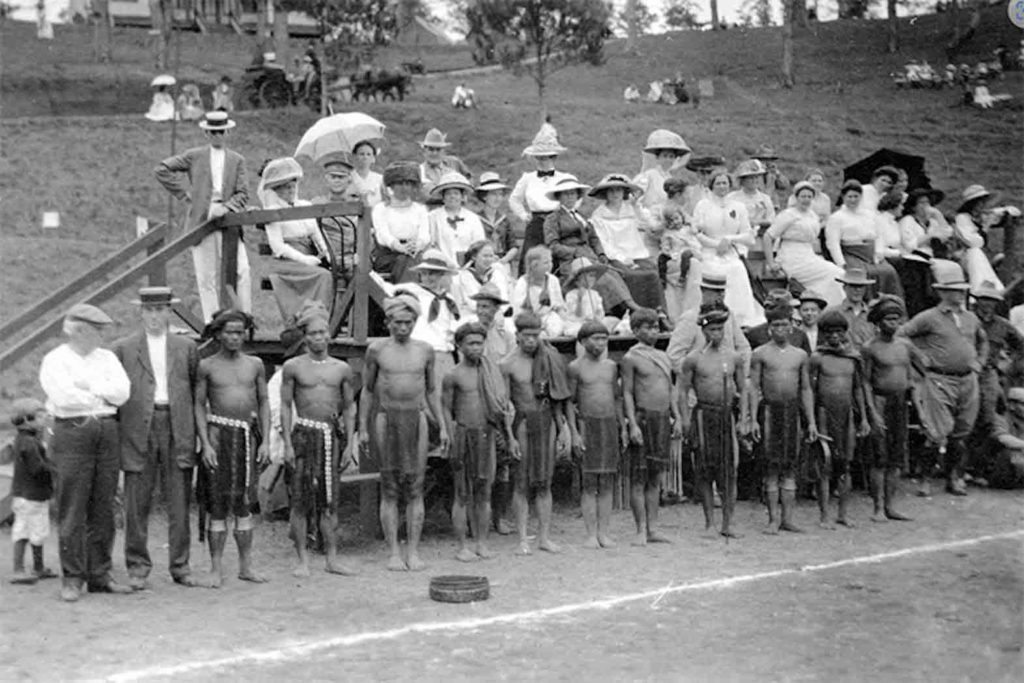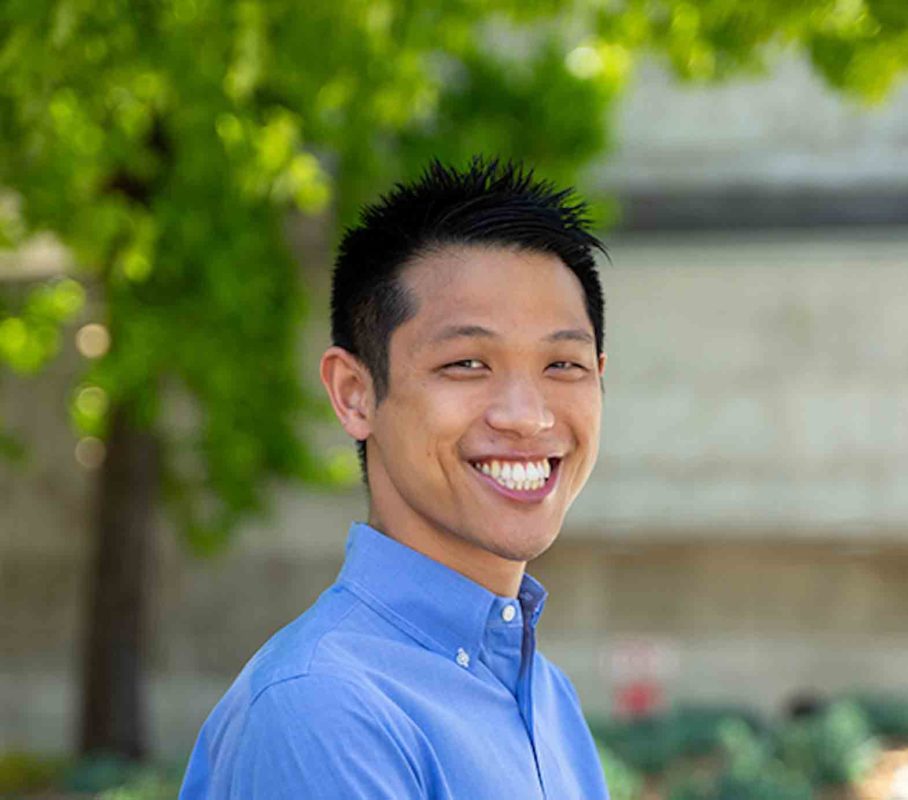UC Berkeley exhibit, course ‘decolonizing’ stereotypes of PH

“Typical ‘historical’ depictions of Filipinos are represented as primitive and barbaric. Sometimes they are just photos of them disrobed,” said student curator Cameron Yetta. (Photo courtesy of Phoebe A. Hearst Museum of Anthropology)
BERKELEY, California – A student-curated exhibit at University of California Berkeley’s Phoebe A. Hearst Museum of Anthropology and a two-credit student-run course are critically examining university’s long relationship with the Philippines, particularly its role in the U.S. colonization of the archipelago.
The exhibit includes images of items chosen from more than 5,000 Philippine artifacts some of which were taken by American colonial military personnel and stored as far back as the museum’s founding in 1901.
The exhibit is part of a two-credit course sponsored by the Department of Art History, which started this semester. While the course is for one semester, the exhibit will stay open until March 2023.

Alex Mabanta, a Berkeley Ph.D. student in jurisprudence and social policy is teaching the two-credit course “UC Berkeley, the Philippines and Filipinx America.” (UC Berkeley photo/Neil Freese)
The course, “UC Berkeley, the Philippines and Filipinx America, examines the early 1900s, during the Philippine-American War, when UC administrators like David Prescott Barrows played leading roles in colonizing the country’s education system and wrote white supremacist textbooks.
Berkeley Law graduate student Alex Mabanta teaches the class, which is also working with campus faculty, librarians and staff on long- and short-term projects to investigate the Philippines archives and collections across campus.
“Through this student exhibit, our class is asking important questions about ethics, imperialism, decolonization and the potential repatriation of these items,” Mabanta told Berkeley News.
“What do these objects mean to their original makers? Why are they at UC Berkeley? How were they acquired? Why are they still maintained in the Hearst Museum collection? And should they be returned to the Philippines?”
Filipino American architecture student Cameron Yetta, who was among the curators said the exhibit juxtaposes “colonial and decolonial representations of the Philippines” and Filipinos.
Mabanta designed the course partly as a response to a much-criticized October 2021 Doe Library exhibit, “Celebrating 50 years of Excellence: South & Southeast Asia Scholarship and Stewardship at Berkeley.”
The Doe exhibit provoked student protests by highlighting Barrows and Alfred Louis Kroeber, another Berkeley professor known for white supremacist views, although Barrows Hall and Kroeber Hall had been “unnamed” the previous year.

